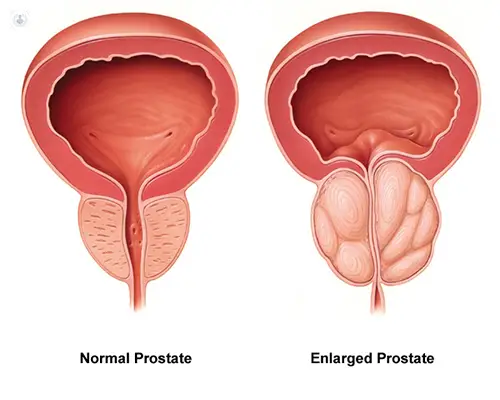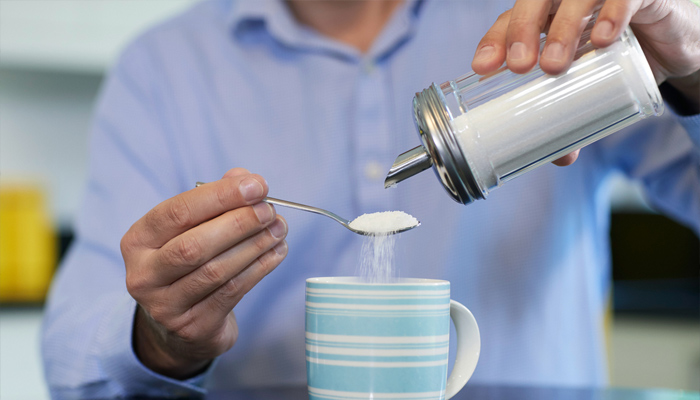Foods to Avoid with Enlarged Prostate

Foods to avoid with enlarged prostate, also known as benign prostatic hyperplasia (BPH), play a crucial role in managing this common condition. While there’s no magic bullet to cure BPH, adopting a balanced diet that emphasizes prostate-friendly foods and avoids those that can exacerbate symptoms can significantly improve quality of life. The relationship between diet and prostate health is complex, and certain foods can contribute to inflammation, hormonal imbalances, and other factors that aggravate prostate issues.
Processed Meats and Red Meat: The Stealthy Assassins

While red meat may be a staple in many diets, its excessive consumption, particularly when it comes to processed varieties, can have detrimental effects on prostate health. It’s not just about calories, but about the specific compounds these meats contain that trigger inflammation and hormonal imbalance, both of which can worsen BPH symptoms.
Unmasking the Culprit: Saturated Fats and Inflammation

Red meat, especially processed varieties, is loaded with saturated fats, a type of fat that can raise bad cholesterol levels and increase inflammation throughout the body. This inflammation can negatively impact the prostate gland, contributing to enlargement and causing bothersome symptoms. Imagine your prostate as a delicate engine, working tirelessly to perform essential functions. A diet rich in saturated fats from red meat can be like pouring low-quality fuel into your engine, causing strain and leading to malfunction. The resulting inflammation can make the prostate more sensitive, leading to urinary urgency, frequency, and even discomfort during urination.
Foods to Avoid with Enlarged Prostate – The Hidden Danger of Processed Meats: Nitrates and Carcinogens

Beyond the saturated fat content, processed meats like bacon, sausages, and hot dogs are often loaded with nitrates and other chemicals added during the processing process. These compounds can potentially contribute to the growth of prostate cells and even increase the risk of prostate cancer, representing an alarming dual threat. The science behind this link is complex and still being investigated, but it’s a compelling reason to limit or eliminate processed meats from your diet if you’re managing BPH. Think of these processed meats as sneaky assassins, hiding behind a savory taste, but ultimately damaging your prostate’s wellbeing from within.
Dairy Dilemma: More Than Just Mellowing Milk
Dairy products, often perceived as harmless staples, have shown a surprising link to prostate health. While moderate consumption of low-fat dairy might be acceptable, high-fat versions like cheese, butter, and whole milk have been associated with an elevated risk of prostatitis, an inflammation of the prostate gland.
The Hidden Connection: Dairy Fats and Prostatitis

The high fat content in these types of dairy products can trigger inflammation in the prostate, leading to discomfort and pain. Imagine the prostate as a delicate organ, easily irritated by excessive fat intake. Consuming high-fat dairy products can be like pouring a strong, irritating liquid onto this sensitive organ, causing a painful reaction. This inflammatory response, while possibly subtle, can contribute to the discomfort associated with BPH, further impacting your quality of life.
Seeking Alternatives: Exploring Low-Fat and Plant-Based Options

If you’re a dairy lover, the good news is that you have options. Low-fat dairy alternatives can provide similar nutritional benefits without the added fat and potential for inflammation. Consider switching to low-fat milk, yogurt, and cheese, or exploring plant-based options like almond milk, coconut yogurt, and cashew cheese. These alternatives can offer a smoother transition while minimizing risks associated with high-fat dairy.
Caffeine and Alcohol: The Nervous Natives

While caffeine and alcohol may provide temporary stimulation and social lubrication, their impact on BPH can be counterproductive. Both substances can provoke bladder activity, leading to increased urinary urgency and nocturia, the frustrating need to urinate frequently during the night.
The Buzz and the Slumber Disruptors: Caffeine and Alcohol’s Impact

Caffeine acts as a stimulant, increasing bladder muscle contractions and potentially leading to an urgent need to urinate. Alcohol, on the other hand, can impair bladder control, leading to urinary leakage and unwanted nighttime awakenings. These effects can be especially bothersome for men with BPH, as symptoms are often exacerbated by these substances. It’s like a rollercoaster ride for your bladder, where caffeine jolts you awake and alcohol disrupts your balance, leading to a restless night.
Finding Harmony: Moderation and Substitutes

Consider reducing your caffeine intake, especially in the hours leading up to bedtime. Opting for decaffeinated alternatives or herbal teas can help minimize the effects on your bladder. When it comes to alcohol, moderation is key. Enjoying alcoholic beverages in moderation and staying hydrated throughout the day can help prevent overstimulating your bladder. This approach can help restore balance and enhance your sleep quality, allowing you to navigate the day with greater ease.
Sugars and Simple Carbohydrates: The Quick Fix Fallacy

Foods rich in simple sugars and refined carbohydrates can wreak havoc on your blood sugar levels and contribute to fat accumulation. These negative effects can have far-reaching consequences for prostate health, potentially increasing your risk of developing diabetes, a known factor contributing to BPH.
The Sugar High and the Prostate Fall: A Dangerous Cycle

Imagine yourself consuming a sugary dessert. The immediate impact is an energy rush followed by a steep crash, leaving you feeling depleted. This same process occurs within your body, with simple sugars spiking blood sugar levels followed by equally swift dips. These fluctuations in blood sugar can create an inflammatory environment, contributing to BPH and other health issues. The constant ups and downs can also contribute to insulin resistance, increasing your risk of developing diabetes, a serious complication linked to prostate problems. Excessive sugar intake can be like a slow poison, steadily undermining your prostate health over time.
Balancing Act: Prioritizing Complex Carbohydrates

Instead of relying on simple sugars, consider incorporating complex carbohydrates found in whole grains, legumes, and vegetables into your diet. These carbohydrates provide sustained energy without the harmful blood sugar fluctuations associated with simple sugars. They also offer essential fiber, which can promote gut health and reduce inflammation throughout the body. Choose a balanced approach, opting for a variety of healthy carbohydrates that nourish your body and support prostate health.
Artificial Sweeteners: The Deceptive Substitutes

The allure of artificial sweeteners lies in their ability to satisfy cravings without the calorie burden. However, recent research raises concerns about their potential negative effects on metabolism, gut health, and even prostate function.
The Sweet Deception: Unmasking Artificial Sweetener’s Secrets

While they might seem like harmless alternatives to sugar, artificial sweeteners can interact with the body in ways we are still learning about. Their effect on gut bacteria, which plays a crucial role in overall health, can be particularly concerning. Disruptions in gut health can lead to inflammation, disrupting the delicate balance of your gut microbiome, and potentially contributing to prostate issues. The long-term effects of artificial sweeteners are still under investigation, but the potential for negative impacts on prostate health cannot be ignored.
The Natural Choice: Embracing Unrefined Sweeteners
Instead of reaching for artificial sweeteners, consider incorporating unrefined sweeteners like honey in moderation, or relying on the inherent sweetness of fruits. These natural sweeteners provide a more balanced approach, offering sweetness without the potential risks associated with artificial counterparts. When it comes to your health, it’s best to err on the side of caution, choosing natural and unprocessed options whenever possible.
Conclusion

Navigating a healthy diet for prostate health is a journey of conscious choices. By understanding the impact of certain foods on prostate function and making informed decisions about what goes onto your plate, you can create a supportive environment for both mind and body. Remember, what we include—and exclude—from our diet is a reflection of our commitment to a holistic approach to well-being. Making thoughtful choices with your food can significantly impact your prostate health and contribute to a healthier overall lifestyle.





